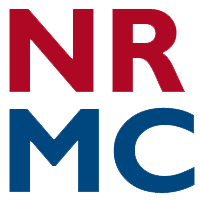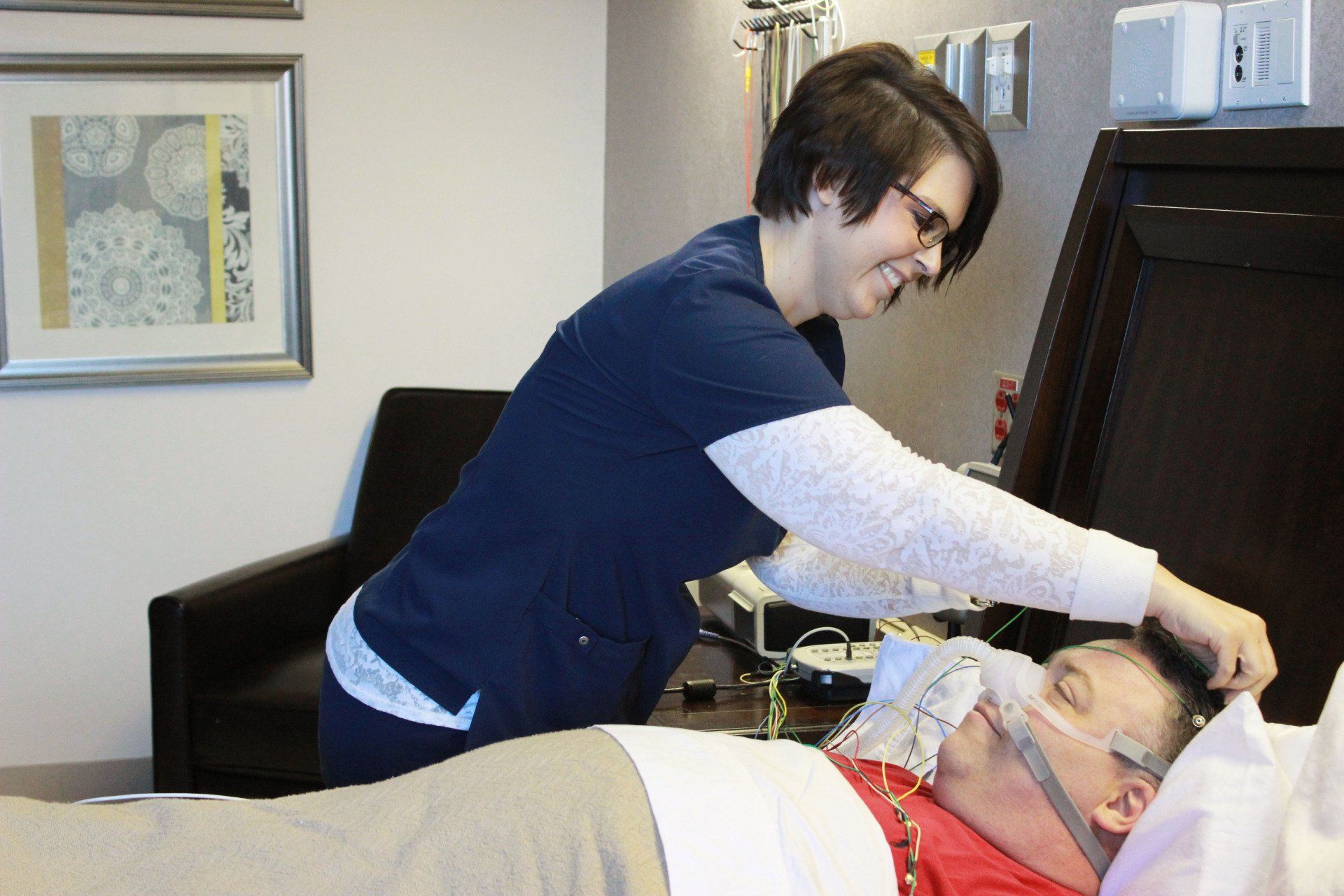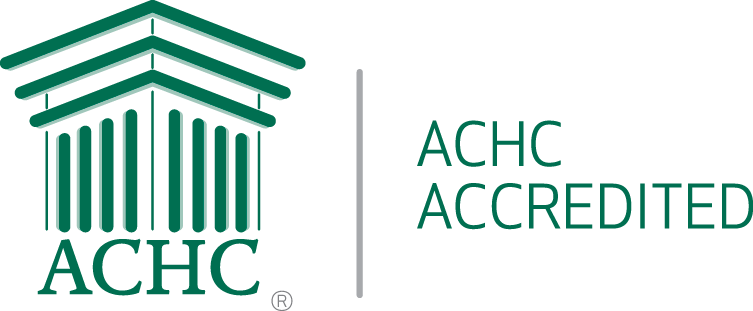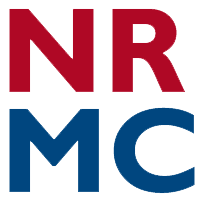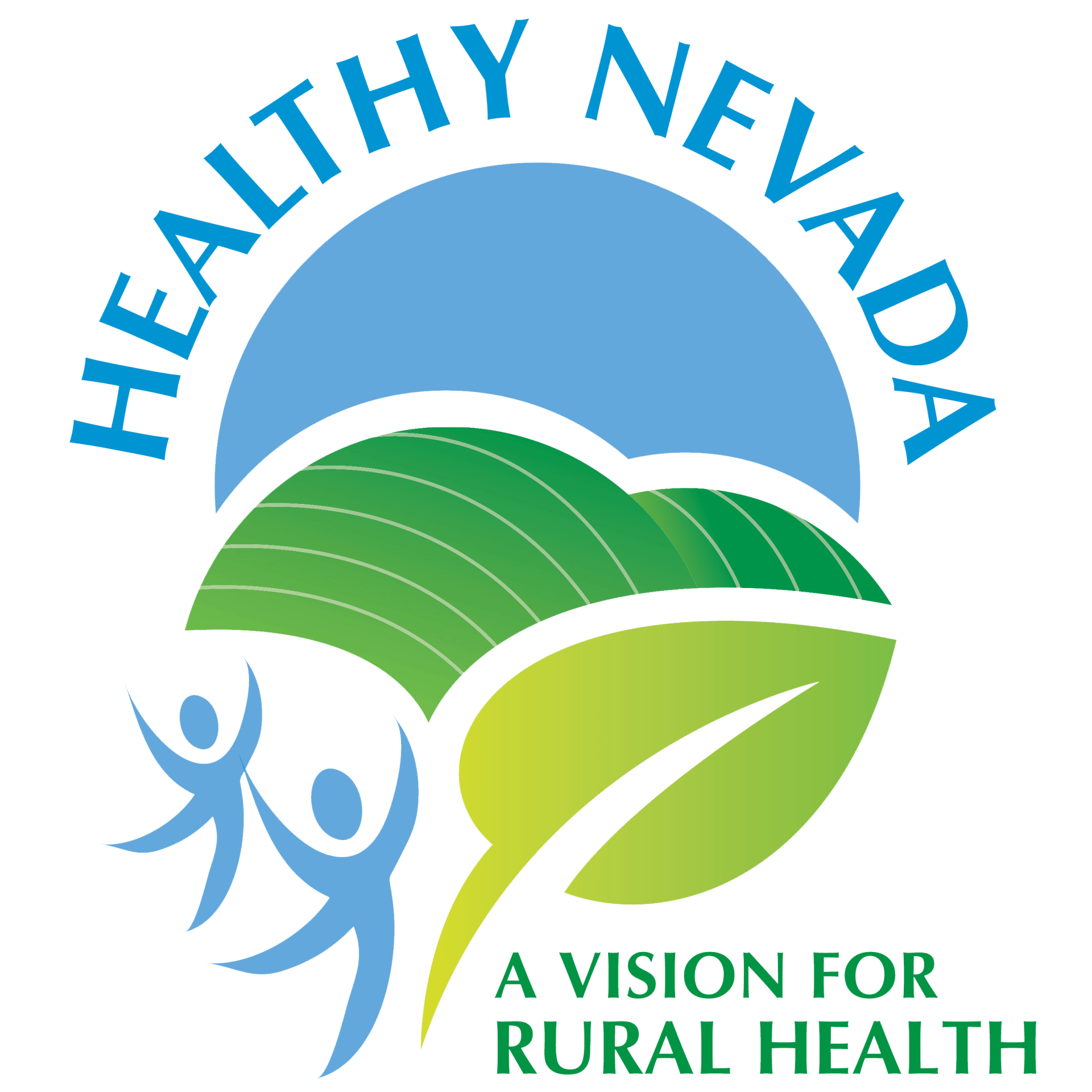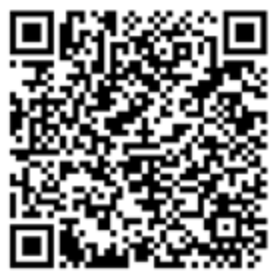NRMC Sleep Center
Who should have a sleep study?
Do you find yourself excessively tired or cranky during the day? Does your partner’s snoring sound like a freight train? It may indicate a medical issue.
You may be suffering from a sleep disorder if you have some of the following symptoms:
- Snoring, especially with pauses in breathing
- Daytime sleepiness or fatigue
- Morning confusion or memory loss
- High blood pressure
- Choking during sleep
- Depression
If you are experiencing any of the above symptoms, talk to your doctor to see if a sleep study is appropriate. A physician referral and prior authorization may be required to schedule a sleep study.
Download and complete this sleep survey to share with your doctor: click here
Sleep Study Options
In-Home Sleep Study
Home sleep apnea tests are available solely for the diagnosis of obstructive sleep apnea. In-home sleep studies are not yet approved for children. Insurance requirements vary widely for in-home studies.
In-Lab Study
At the hospital, activities such as brain waves, eye movements, oxygen levels, muscle movement, heart rhythms, and breathing pattern are monitored and recorded for further analysis by an experienced team of healthcare professionals including a registered sleep technician and physician.
In order to monitor your sleep accurately, pain-free sensors are applied with adhesive or straps to several locations on your body. It may take a little bit more time for you to fall asleep in a new place with all these sensors attached, but going to sleep is rarely a problem.
NRMC Sleep Center rooms are designed with a home-like atmosphere to help you fall asleep. Throughout the night, a sleep technician will be just outside your room. If any problems or concerns arise, just let them know; they are there to assist you.
Scheduling a Sleep Study
Sleep studies are scheduled seven days a week at your convenience. You will receive a call to schedule after your physician orders the study.
How do I prepare for a Sleep Study?
- Try to obtain your usual amount of sleep during your regular sleep time the day before the study.
- Try not to nap the day of your study
- Dinner will not be available during your stay, so please eat before arriving.
- Do not take any caffeine (coffee, tea, chocolate, colas, etc.) or alcohol seven hours prior to your study.
- Bring toiletry items if you want to clean up in the morning at the sleep center.
- Please arrive with clean face and hair, free of makeup and hair products.
- Continue to take your medications in the prescribed amount unless your doctor asks you to change or discontinue it.
- Bring all medications that you normally take with you to the Sleep Center. This includes insulin and supplies.
The Results and Treatment
- Our qualified sleep physician will interpret your study and send the results to your physician within a few days.
- Continuous Positive Airway Pressure (CPAP) is the treatment of choice for Obstructive Sleep Apnea (OSA).
- CPAP consists of a soft mask that fits over the nose and an air compressor. A continuous flow of air is delivered through the mask to hold open your airway while you sleep.
- CPAP uses room air but oxygen can be added if needed.
